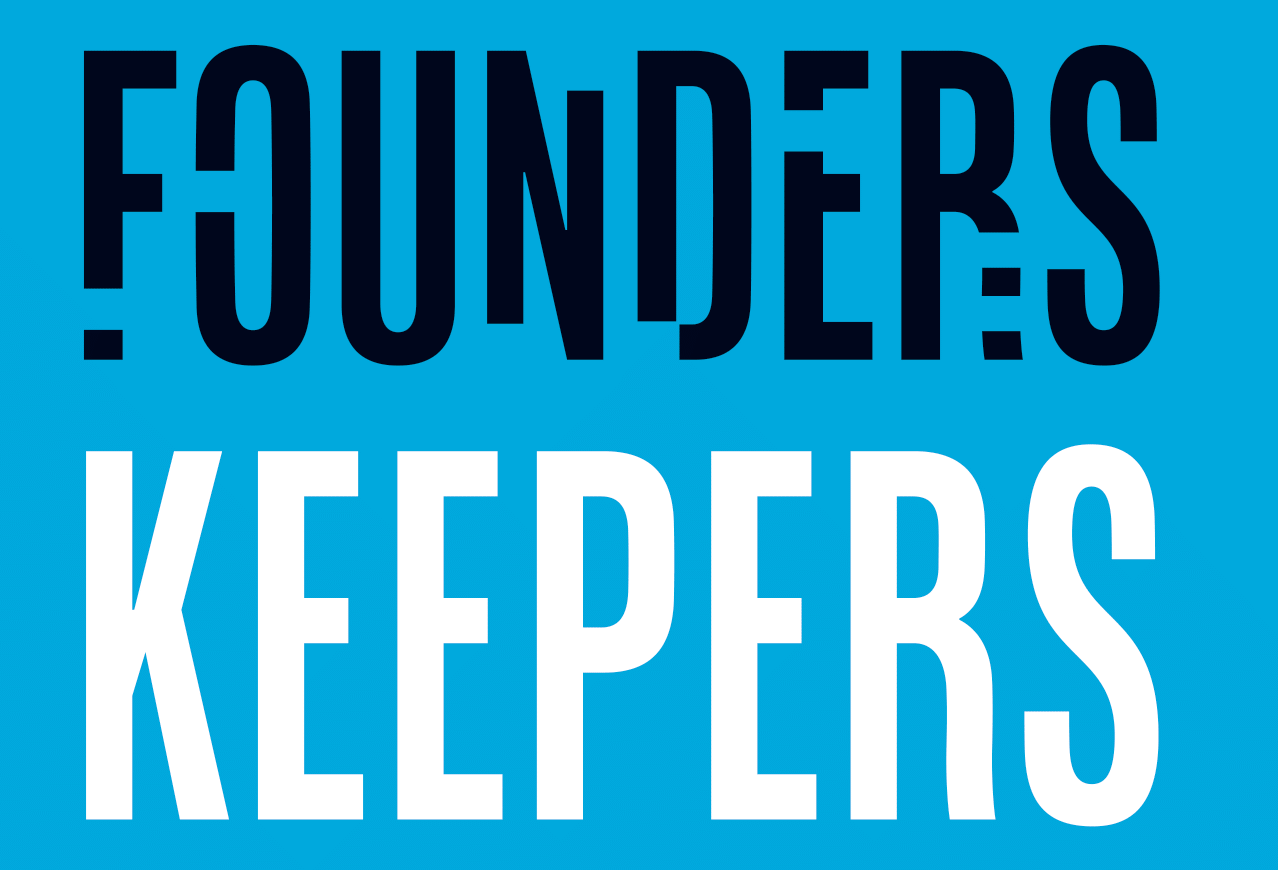Article
The Recognition Paradox: Why Truly Outstanding Leaders Thrive by Indifference to Personal Glory

Ever notice how some leaders seem to soak up all the applause, while others quietly get things done without needing a pat on the back? It turns out, that second type of leader – the one who's genuinely indifferent to personal glory – is often the one who achieves truly exceptional and lasting success. That's the core of what I call "The Recognition Paradox."
My extensive research, which involved analyzing data from nearly 2000 executives, consistently shows that leaders who aren't constantly chasing social recognition actually earn deeper respect, achieve greater success, and build healthier, more resilient teams. This might go against what we usually think about leadership, where public accolades often seem to be the goal.
The Spotlight Trap: The Hidden Vulnerabilities of Leaders Who Crave Recognition
Leaders who have a strong need for external validation often present an impressive façade. They're frequently assertive, charismatic, confident, highly visible, inspiring speakers, and their ambition is often rewarded in corporate environments. Feedback from supporters highlights their "presence and amiable personality" and points to their "natural air of authority." They also excel at networking and cultivating personal alliances. Their ambition and desire for personal power can fuel impressive short-term results, earning praise such as “he is a very motivational leader with an obvious desire to succeed.”
Hidden Insecurities
Beneath this compelling exterior lies a shadow side that traditional leadership paradigms often overlook. My research indicates that leaders obsessed with recognition harbor significant vulnerabilities rooted in insecurity and a fragile sense of self-worth. This insecurity can lead to fear of making unpopular decisions, a relentless pursuit of external approval, and second-guessing themselves to the point of paralysis. Conflict is avoided, tough feedback is softened or withheld, and the desire to be liked outweighs the need to lead. Ironically, the more they try to please others, the less respect they command.
Fear and Managing Stress
Leaders with an excessive need for external validation frequently grapple with deep-seated insecurity, anxiety, and difficulty managing stress. At its core, this relentless pursuit of approval often stems from a profound lack of faith in one's own abilities, compelling them to constantly prove that they are worthy. This internal fragility fuels a pervasive anxiety, as they become consumed by the fear of rejection and the worry of making unpopular decisions, often prioritizing harmony over necessary truth. Consequently, the mental and emotional exhaustion of constantly chasing opinions leaves them ill-equipped to handle the inherent stresses of leadership, making them prone to self-doubt and less resilient when faced with criticism or challenges. This creates a precarious foundation, where their self-worth is tethered to external applause rather than rooted in internal conviction.
Poor Judgment
These leaders frequently exhibit poor judgment. Their intense desire for external validation can lead to a diluted vision and inconsistent decision-making, as they prioritize pleasing everyone over strategic clarity. A deep-seated fear of rejection and a strong desire for harmony can cause them to avoid necessary conflicts, hindering effective problem-solving and innovation. Furthermore, this reliance on external approval often stems from a lack of self-trust, consuming valuable mental energy and undermining their internal confidence. In more severe cases, narcissistic tendencies can drive self-serving decisions, an overestimation of their own abilities, and a resistance to constructive feedback, leading to unwarranted risks and a disregard for collective interests.
Manipulation
Even more concerning is their inclination toward manipulation. Leaders driven by the need for recognition often cloak their true intentions, projecting mistrust onto others to obscure their own hidden self-interest. Relationships become transactional, leveraged primarily for personal gain rather than collective benefit. Transparency declines as authenticity gives way to calculated image management, fostering environments rife with insecurity and resentment. For these leaders, the organization is merely a tool for their self-promotion.
Poor Delegation
Poor delegation is another hallmark of recognition-driven leaders. Because their self-worth hinges on being viewed as indispensable and admired, they resist delegating tasks or authority, fearful that shared success might diminish their personal acclaim. This reluctance stifles team growth, creating bottlenecks, inefficiencies, and frustration. Ultimately, their unwillingness to delegate reveals a leadership style rooted deeply in self-interest rather than collective success.
The Narcissism Factor
One of the deeper psychological drivers behind a leader's hunger for recognition is narcissism—a trait that turns the pursuit of admiration into a personal mission. Narcissistic leaders often view leadership as a stage, not a responsibility, where applause validates their inflated self-image. Their craving for the spotlight isn't just about ego—it’s rooted in a fragile sense of self-worth that requires constant external reinforcement. Public accolades become their oxygen, and criticism feels like suffocation. This drive can be channeled into bold vision and charisma, but when left unchecked, it devolves into vainglory: a desperate need to be seen as exceptional at all costs. Ironically, their need to be admired often alienates the very teams they lead—undermining trust, damaging credibility, and ultimately eroding their effectiveness. Recognition, for the narcissistic leader, is not a reward—it’s a dependency.
The Quiet Power: Why Indifference to Recognition Amplifies Leadership
Intrinsic Motivation and Genuine Purpose
Outstanding leaders possess a profound internal drive rooted in intrinsic motivation. Their ambition and satisfaction come from personal fulfillment, passion for meaningful work, and genuine personal growth, making external validation unnecessary. Unlike leaders who chase recognition, these individuals are guided by a deeper sense of purpose and a commitment to values greater than personal acclaim. They draw on internal sources of confidence, consistently remaining focused and driven regardless of external praise or criticism.
Authenticity and Trustworthiness
Leaders who are indifferent to recognition are characterized by genuine authenticity and unwavering integrity. They lead transparently, openly aligning their behaviors with their core values, creating trust effortlessly. Colleagues and subordinates naturally gravitate toward leaders who demonstrate honesty, vulnerability, and consistency. These leaders recognize the power of authenticity in fostering trust and loyalty, building relationships that endure through both successes and setbacks.
Empowering Leadership and Psychological Safety
Leaders without the need for recognition readily empower others, delegating authority without hesitation and trusting their teams deeply. They are unthreatened by the success of others, celebrating and recognizing team members generously rather than seeking accolades themselves. By fostering a psychologically safe environment, these leaders encourage open communication, creativity, and innovation, empowering teams to take risks without fear of criticism or backlash.
Composure Under Pressure
Indifference to personal accolades equips leaders with extraordinary emotional resilience. They exhibit calm composure during crises, providing steady guidance rather than emotionally reactive leadership. Their ability to remain balanced and decisive under pressure not only stabilizes their teams but also positions their organizations to navigate challenges with agility and effectiveness. This quiet confidence creates an environment where teams feel secure and supported, even in turbulent times.
Clear Strategic Vision and Decisiveness
Free from the distraction of chasing external validation, these leaders maintain a clear strategic vision and unwavering decisiveness. They are systematic planners, carefully aligning organizational goals with well-defined strategic objectives. Their decision-making is consistent and deliberate, fostering clarity and direction throughout their organizations. Their strategic focus ensures sustained success by emphasizing long-term outcomes over short-term personal victories.
Genuine Team and Organizational Development
Leaders indifferent to praise channel their energies into meaningful team development, prioritizing collective achievements over individual acclaim. They derive genuine satisfaction from the growth and success of their teams, actively developing talent and fostering environments conducive to professional advancement. This genuine commitment to others' success enhances workforce engagement, builds strong organizational cultures, and nurtures lasting loyalty and respect.
A Paradox Resolved: The Power of Selflessness
The true paradox of recognition is resolved when leaders shift their attention from seeking to giving recognition, from external approval to internal validation. These leaders inherently understand that the greatest leadership legacy is built not on personal accolades, but on empowering others, fostering genuine relationships, and driving collective success. By quietly rejecting the spotlight, they earn a deeper, more authentic form of recognition—lasting respect, trust, and loyalty.
Cultivating Lasting Impact
Leaders who thrive without personal glory create cultures characterized by genuine collaboration, innovation, and high performance. Their profound impact transcends mere organizational success, influencing the lives of individuals and the wider communities they serve. They leave enduring legacies, defined not by their personal visibility, but by the robust, resilient organizations and empowered teams they build. Ultimately, the quiet power of indifference to recognition defines truly outstanding leadership, making these leaders remarkably effective and deeply respected.
share this
Related Articles
Related Articles

STAY UP TO DATE
GET PATH'S LATEST
Receive bi-weekly updates from the church, and get a heads up on upcoming events.
Contact Us










